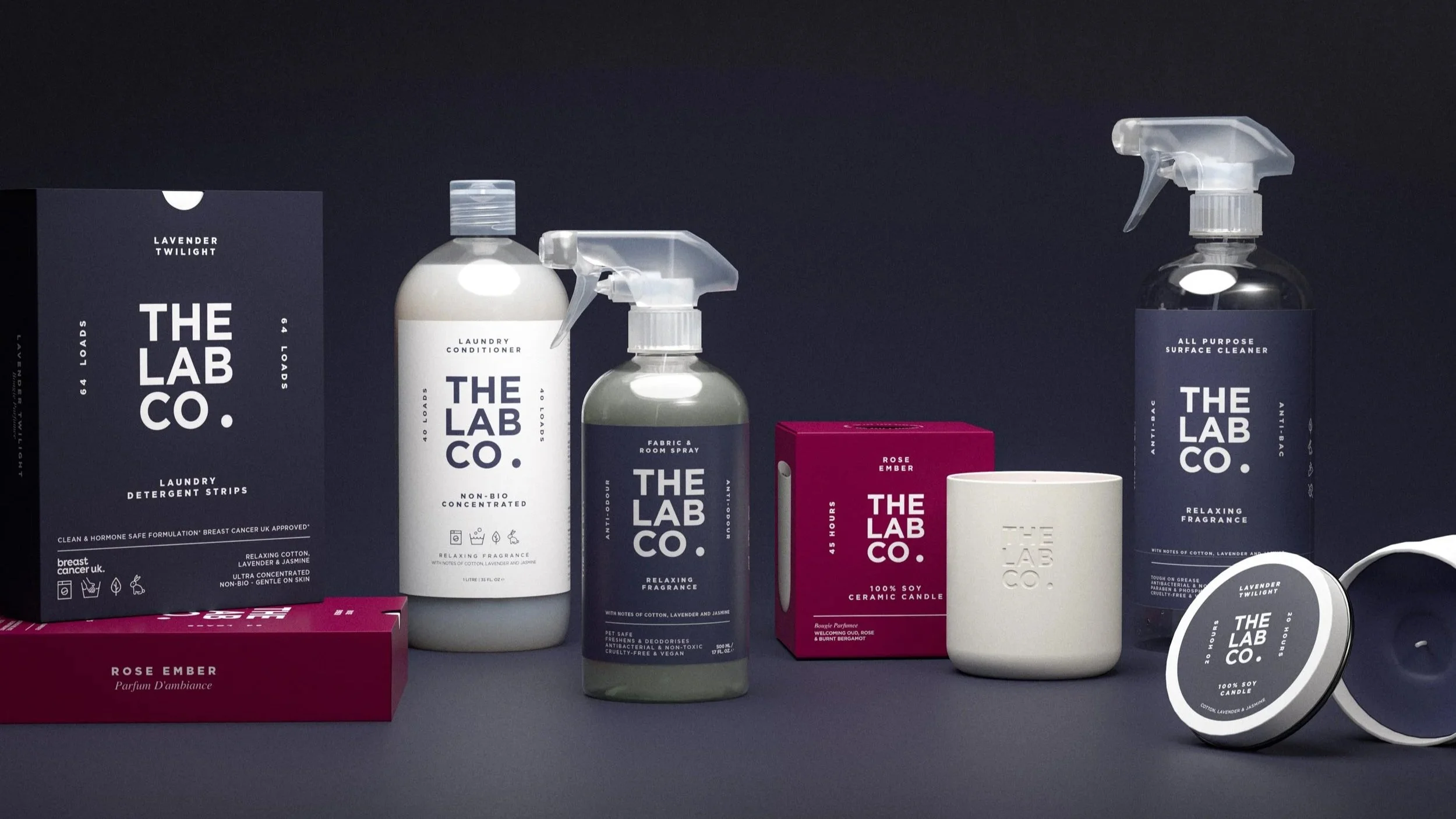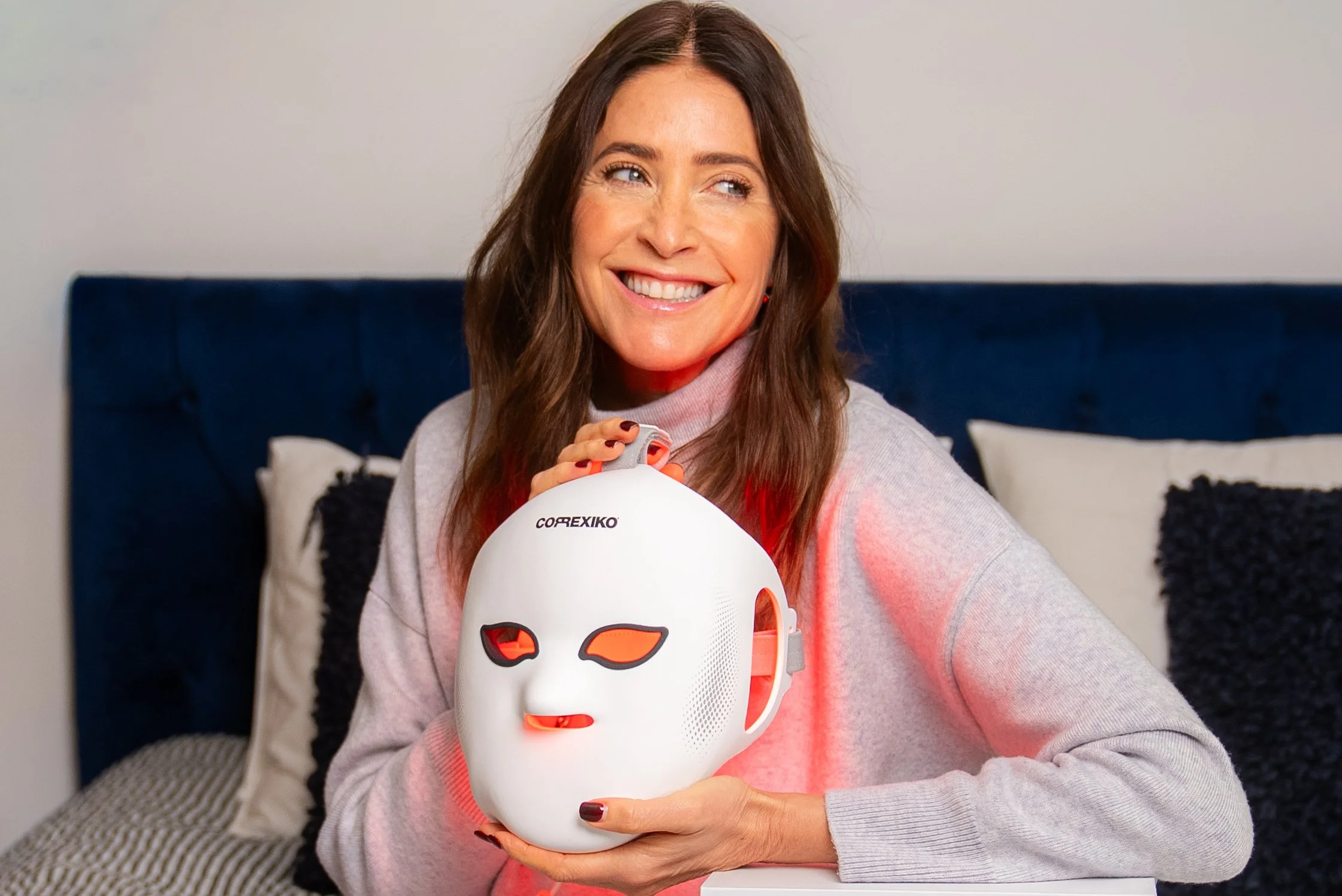Seven Secrets of Wellbeing: Dr Sophie Shotter
After six years in the NHS, mainly as an anaesthetist, Dr. Sophie Shotter became involved with aesthetic medicine and loved it so much she set up her own clinic in Kent. The aim of Illuminate Skin & Wellness Clinic is, she says, to ‘put back the smile on my clients’ faces’.
She’s widely respected in the aesthetic industry for her genuine concern and involvement with her clients married with her expertise in providing the most advanced and effective treatments. (Sarah is a huge fan after benefitting from Sophie’s tweakments to plump and lift her lower face; the results looked so natural that no one – not her husband nor even Jo – spotted anything except that she looked well.)
During the Covid-19 pandemic, however, Sophie has returned to Maidstone & Tunbridge Wells NHS Trust to work on the front line. With a background in anaesthetics and intensive care, Sophie knew her skill set would be needed and, for the last ten weeks, she has been working on a ‘red rota’, looking after Covid-positive patients in ICU.
As she says about her strategies for keeping well, ‘The unprecedented times we’re living in have brought more anxiety and stress to our lives than we could ever have imagined. So it’s even more important than usual to develop healthy habits that protect our wellbeing. Hopefully those newfound habits will continue into life post-lockdown, and help us all to be stronger and more resilient, physically and mentally.’
1. Appreciating the little joys in life. I’m a big believer in taking time to stop and smell the roses. All too often we hurry our way through life without appreciating the beauty around us. I genuinely believe that if you can see the joy in the little things in life, you will be a happier person.
2. Meditation. Over the last four years, I have practised meditation. If my mind is very ‘busy’, I find it easier to follow a guided meditation like Headspace, which makes it really easy. I just let someone’s voice direct me to the space between my thoughts. I like to do it at the end of my day for ten to 20 minutes. I find that meditating allows me to re-centre myself and focus on what’s important to me. It also helps enormously to decrease my stress levels – that is always important but particularly now I am back working in a very pressured environment.
3. Laughter. It really is the best medicine, and it’s very definitely contagious. I have a wonderful circle of people around me who I spend a lot of time smiling and laughing with. I’m that annoying person who smiles at you in the queue at the supermarket – if/when you smile back at me it makes me even happier and we create this wonderful ripple effect.
4. Sleep. I’ve learnt the hard way what sleep deprivation can do to you – I’ve tried too hard to burn the candle at both ends, obviously thinking I was super woman. I ended up with adrenal fatigue and utterly burnt out. I’ve reached that point twice in my life, most recently about three years ago when I was working myself into the ground trying to do everything in my business. I learnt that I needed to get more help – there aren’t enough hours in the day to do it all, and I’m also not the best person to do every task! Taking that step allowed me to catch up on sleep and rest, take some short breaks, and to accept the fact I’m not perfect at everything. I now try to make sure I get at least seven hours’ sleep per night, and I also boundary Sundays as a ‘no alarm clock morning’. That way I have plenty of energy and allow my body to regenerate.
5. Stay active. I’m a keen tennis player and gym goer but I have some phases where I make more time for dedicated exercise than others. I’m not one to beat myself up when I can’t do everything to perfection but now I am making sure to keep physical activity in my life, even if itt’s walking to work and incorporating something active into my everyday commitments. That could be cycling when you’d normally drive or doing 20 squats while you’re waiting for the kettle to boil – it doesn’t always need to take extra time out of your day.
6. Supplementation. I’m a big believer in taking good nutritional supplements in addition to eating well. No matter how good our diets are nowadays, they are not as nutrient rich as they would have been in 1950. Soil has been depleted of nutrients so what we eat doesn’t deliver the levels of vitamins and minerals we need. I supplement extensively and carefully, following advice from a nutritionist. If I had to pick one supplement that everyone should take it would be Vitamin D. We have only understood the far-reaching effects of Vitamin D in the last five years or so, and most of the UK population has suboptimal levels of it. Everyone should be taking at least 2000iu per day from September to May, in my opinion, and some people may even need more than this. Since starting this regime, I don’t come down with bugs as often as I used to, and my energy levels are far better. I feel more resilient – my immune system is nourished to allow it to function at its best and I feel able to take on the world.
7. Massage. Although I don’t tend to feel emotional stress often, I do carry a lot of tension in my neck and shoulders. I suspect that’s partly physical from injecting all day and using my laptop a lot, and also where my body naturally chooses to deposit tension. It has been so bad in the past I’ve actually ended up with physical injuries because of it – my neck muscles were in such severe spasm that I couldn’t turn my head to the side and needed a lot of medication and physiotherapy to repair it. I usually have a myofascial release massage at least once a month and though the actual process is torture, it helps me stay on top of my natural tension and really makes a difference to my quality of life and the number of headaches I get. Now of course I can’t have treatments and I miss them like crazy; I’m using a massage device called the RecovaPro instead, to help me through until my therapist can work again.



